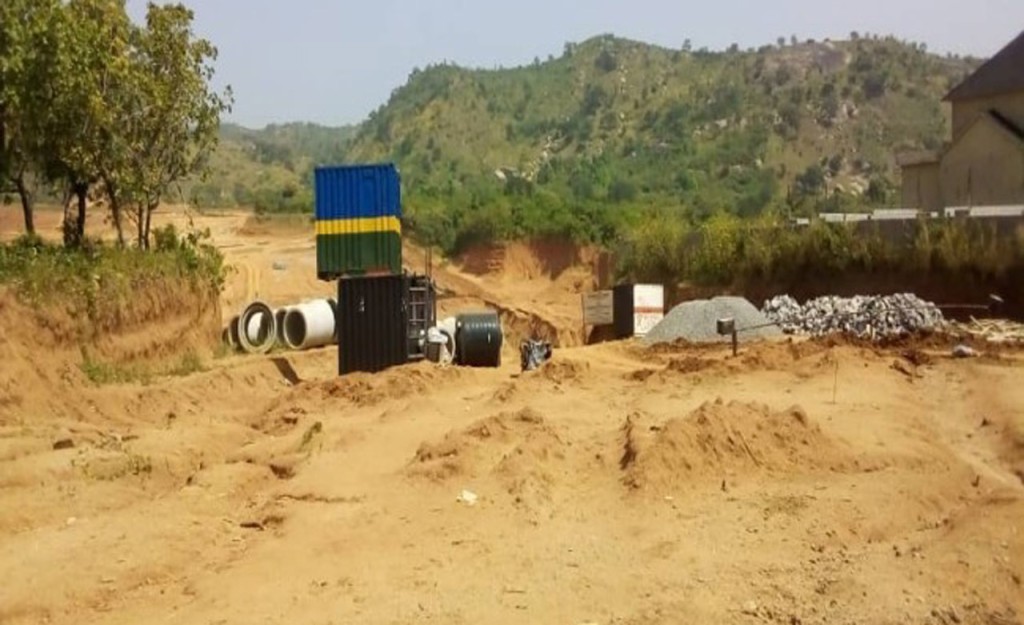
Buying land in Abuja is an exciting opportunity, whether you're looking to build your dream home, invest in property development, or secure a long-term asset. As the capital city of Nigeria, Abuja has seen rapid growth and development, making it one of the most desirable locations for real estate investment in the country. With its well-planned infrastructure, proximity to government offices, and an increasing number of high-end residential and commercial developments, owning land in Abuja can be a valuable investment. However, like any real estate market, purchasing land in Abuja comes with its challenges, from navigating legal processes to ensuring that the land is free from disputes.
To make a successful and informed purchase, it’s crucial to understand the local real estate market, the different types of land titles, and the steps involved in securing a legitimate deal. Whether you are a first-time buyer or a seasoned investor, this guide will walk you through five essent
ial things to know before buying land in Abuja. By following these tips, you can avoid common pitfalls and ensure that your land acquisition process is smooth and hassle-free.
1. Understand the Types of Land Titles in Abuja
When buying land in Abuja, one of the most important factors to consider is the type of land title attached to the property. Understanding the legal status of the land helps you avoid future disputes and complications. The common types of land titles include:
- Certificate of Occupancy (C of O): This is the most secure land title, issued by the government and confirming the buyer's right to the property for a specified period (usually 99 years).
- Right of Occupancy (R of O): This title grants the holder the right to occupy and use the land but is often considered less secure than a C of O.
- Governor’s Consent: If land with a C of O is being sold, the new buyer needs to obtain the Governor’s Consent for the transaction to be fully legal.
Tip: Always verify the land title with the Abuja Geographic Information Systems (AGIS) before purchasing to ensure the land for sale in Abuja is legally available.
2. Location is Key When Buying Land in Abuja
Location plays a crucial role in the value of land in Abuja. The city's prime areas, such as Asokoro, Maitama, and Gwarinpa, offer land at a premium due to their proximity to central business districts and government offices. Conversely, emerging neighborhoods like Lugbe, Jabi, and Kuje offer more affordable options with the potential for rapid appreciation.
Factors to consider when choosing a location:
- Proximity to essential services: Ensure the land is close to schools, hospitals, and markets.
- Infrastructure: Good road networks, access to electricity, and water supply are important considerations.
- Zoning regulations: Ensure that the land is zoned for the intended use, whether residential, commercial, or agricultural.
Tip: Work with reputable land agents in Abuja who are familiar with the market and can help you find the best locations based on your budget and goals.
3. Check for Land Ownership History and Legal Disputes
Before finalizing a purchase, it's critical to investigate the land's ownership history to avoid disputes or complications down the road. Land fraud is a common issue, and some plots may have multiple claimants or unresolved legal issues.
Here’s what to do:
- Conduct a thorough search at AGIS to confirm that the seller is the legal owner of the property.
- Investigate any legal encumbrances attached to the land, such as outstanding debts or pending court cases.
- Consult a real estate lawyer to ensure that the paperwork is in order and to guide you through the transaction.
Tip: Avoid lands sold without clear titles, as these may be subject to legal battles or government reclamation.
4. Beware of Omonile and Fraudulent Agents
Omonile, or local landowners who often act as intermediaries in land sales, can pose risks to potential buyers. Some of these agents may not have the proper authorization to sell the land and could mislead buyers into fraudulent transactions.
To avoid this:
- Engage certified land agents in Abuja who are recognized by regulatory bodies like the Nigerian Institution of Estate Surveyors and Valuers (NIESV).
- Request proof of authority from anyone selling the land.
- Be cautious of deals that seem too good to be true, as they might involve unverified land sales or properties with hidden issues.
Tip: Always meet the seller or agent in person and request all necessary documentation before proceeding with the transaction.
5. Budget for Hidden Costs
The cost of buying land in Abuja goes beyond the listed price. Additional expenses can include legal fees, survey fees, land registration, and development levies. Understanding these costs upfront will help you budget more effectively and avoid financial surprises after the purchase.
Some common hidden costs include:
- Survey Fees: This fee covers the cost of mapping out the land and confirming its boundaries.
- Legal Fees: Real estate lawyers typically charge a percentage of the purchase price for their services.
- Land Registration Fees: These fees are paid to AGIS to officially register the land in your name.
- Development Levi